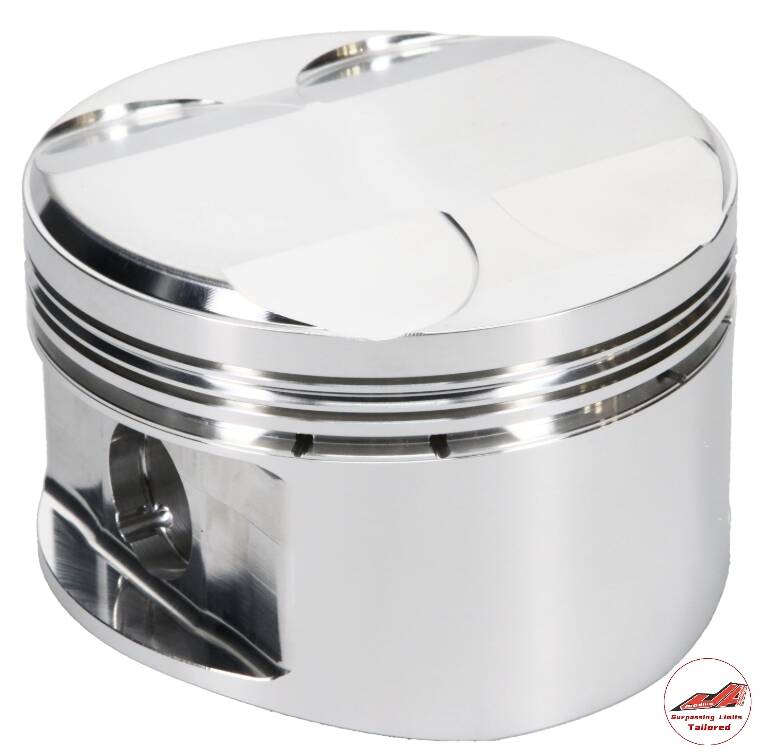Email cannot be empty
Password cannot be empty
Email format error
Email cannot be empty
Email already exists
6-20 characters(letters plus numbers only)
The password is inconsistent
Email format error
Email cannot be empty
Email does not exist
6-20 characters(letters plus numbers only)
The password is inconsistent


Unveiling the Myths of Racing Pistons: What Every Car Enthusiast Should Know
Racing pistons are often hailed as the holy grail of performance tuning in the automotive world. These high-performance components are designed to enhance engine efficiency and power output, making them a popular choice among racing enthusiasts and car modifiers. However, with their rising popularity comes a plethora of misconceptions that can mislead those looking to boost their vehicle's performance. In this article, we will explore some common myths surrounding racing pistons and reveal the truths behind them.
Common Misconceptions About Racing Pistons
Myth 1: Racing Pistons Are Only for Professional Racers
Truth 1: While it's true that professional racers utilize high-performance pistons to gain a competitive edge, they are not exclusively for those who race professionally. Many amateur car enthusiasts and weekend racers can benefit from upgrading to racing pistons. These components can enhance engine performance, improve throttle response, and provide a more exhilarating driving experience, even on the streets.
Myth 2: All Racing Pistons Are the Same
Truth 2: This is a significant misconception. Racing pistons come in various designs, materials, and specifications tailored to different applications and performance goals. For instance, some are designed for high-revving engines, while others are optimized for low-end torque. Understanding the specific needs of your engine is crucial when selecting the right racing piston to achieve desired performance outcomes.
Myth 3: Installing Racing Pistons Is a Simple DIY Task
Truth 3: Many believe that upgrading to racing pistons is a straightforward process that can be completed in a weekend. However, the reality is that this task requires a deep understanding of engine mechanics and specialized tools. Proper installation often involves disassembling the engine, which can be a complex and time-consuming job. It’s advisable to consult with or hire a professional mechanic to ensure the job is done correctly and safely.
Myth 4: Racing Pistons Always Increase Fuel Consumption
Truth 4: A common belief is that installing racing pistons will inherently lead to increased fuel consumption. While some high-performance setups may lead to higher fuel usage, many racing pistons are designed to improve combustion efficiency. When paired with the right tuning and supporting modifications, they can lead to better fuel economy, especially under specific driving conditions. It’s essential to consider the entire engine setup rather than attributing fuel consumption solely to the pistons.
Myth 5: Racing Pistons Are Only for Turbocharged Engines
Truth 5: While turbocharged engines often benefit from high-performance pistons due to the increased pressure and heat they endure, naturally aspirated engines can also gain significant advantages from racing pistons. In fact, many enthusiasts upgrade their pistons to enhance compression ratios and improve overall power output, regardless of whether their engines are turbocharged or not. This misconception limits the potential of many engines that could benefit from piston upgrades.
Conclusion
Understanding the facts about racing pistons is crucial for anyone looking to enhance their vehicle's performance. By debunking these common myths, we can help car enthusiasts make informed decisions based on reality rather than misconceptions. Whether you're a seasoned racer or a casual driver looking to spice up your ride, comprehending the role and benefits of racing pistons can lead to a more rewarding automotive experience. Always remember to base your modifications on accurate information and consider consulting with professionals to achieve the best results.

